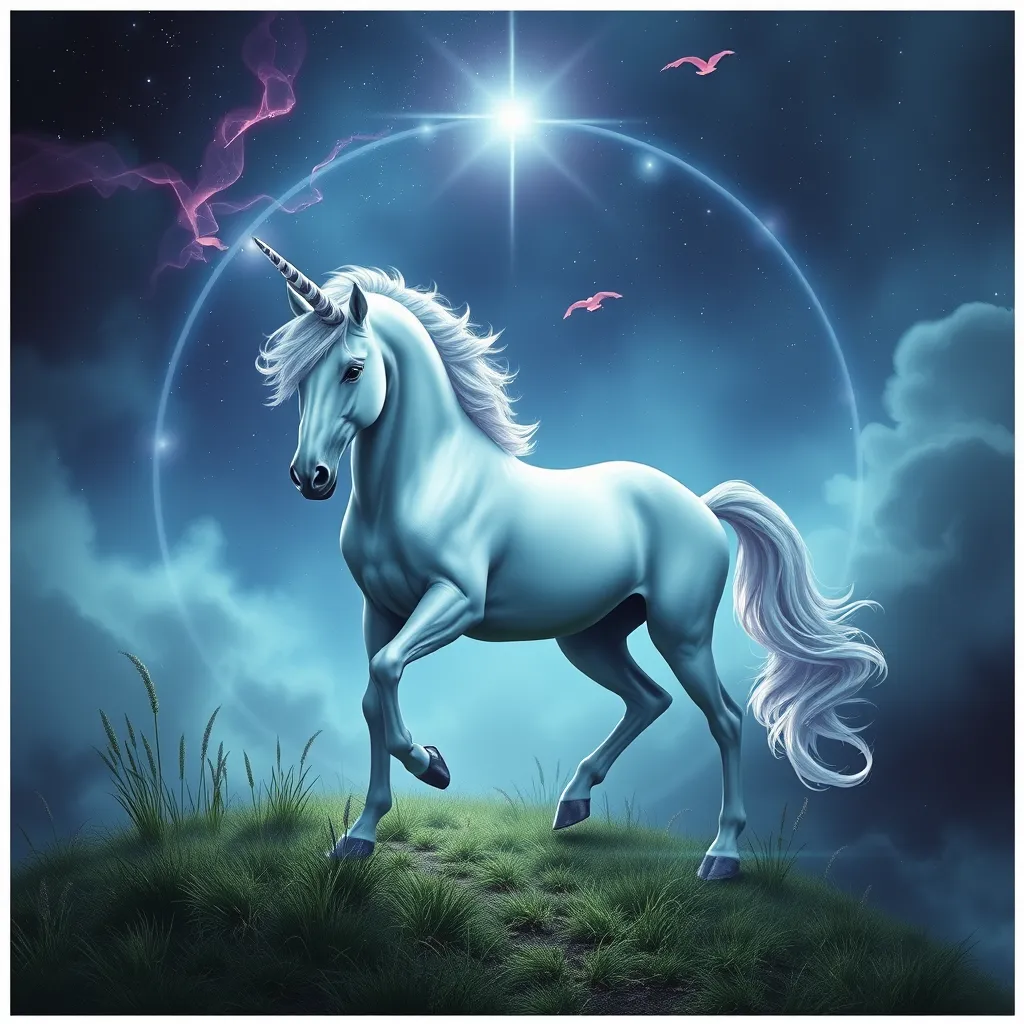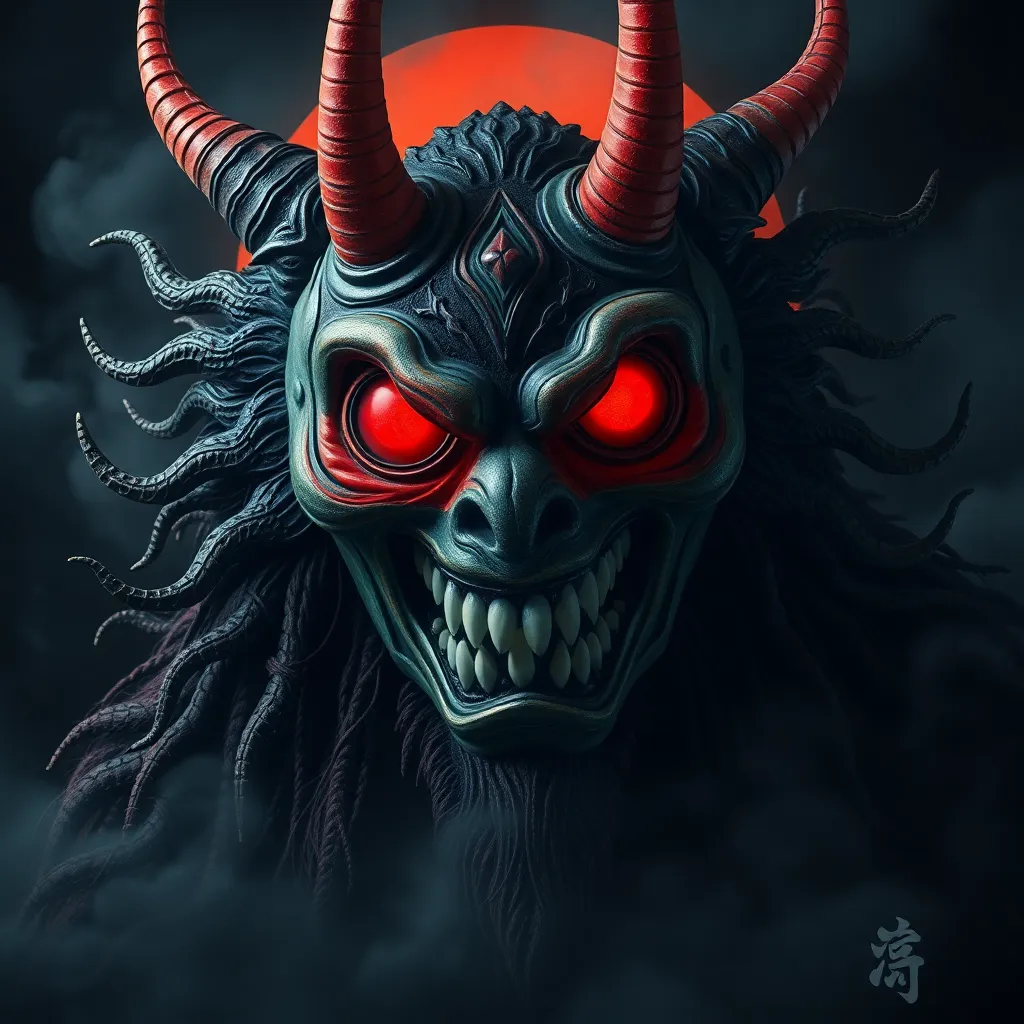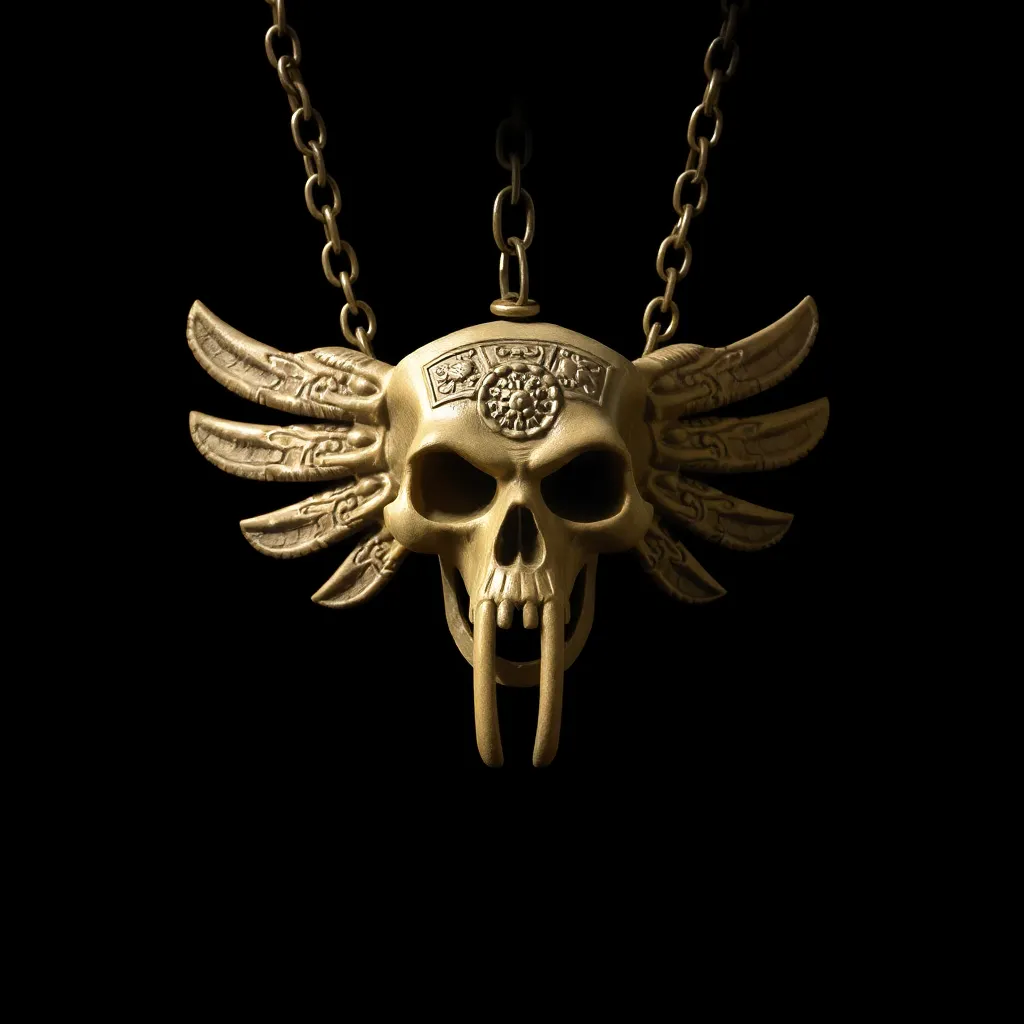The Unicorn’s Spirit: Uncovering the Unicorn’s Symbolic Meanings
I. Introduction
The unicorn, a legendary creature often depicted as a horse with a single spiraling horn, has captivated human imagination for centuries. Its historical and cultural significance spans across various civilizations and epochs, making it a symbol rich in meanings. From ancient texts to modern interpretations, the unicorn embodies a myriad of attributes that resonate deeply with the human experience.
This article aims to explore the symbolic meanings of the unicorn, delving into its roots in mythology, its associations with purity and magic, and its role in personal transformation. By examining these aspects, we can gain a deeper understanding of why the unicorn continues to inspire and enchant people around the world.
II. The Myth and Legend of the Unicorn
A. Ancient Origins: Unicorns in Early Texts and Mythology
The origins of the unicorn can be traced back to ancient civilizations, with its earliest mentions appearing in texts such as the Indica by Ctesias, a Greek physician in the 5th century BCE. He described a creature resembling a horse with a horn, living in India. Similarly, the unicorn appears in the Bible, where it is often translated from the Hebrew word ‘re’em’, a term that has sparked debate among scholars regarding its true meaning.
B. The Unicorn in Different Cultures: A Global Perspective
The unicorn’s legend is not confined to one culture; it has manifested in various forms around the globe:
- Europe: In medieval Europe, the unicorn became associated with purity and was often depicted in religious art as a symbol of the Virgin Mary.
- Asia: In Chinese mythology, the Qilin, a creature similar to the unicorn, is seen as a good omen and a harbinger of peace and prosperity.
- Middle East: Persian texts describe a one-horned creature called the “Karkadann,” often portrayed as a fierce and powerful beast.
III. Symbolism of Purity and Innocence
A. The Unicorn as a Symbol of Purity in Various Traditions
The unicorn is predominantly recognized as a symbol of purity. This symbolism is deeply rooted in its mythological portrayals:
- In Christian iconography, the unicorn represents Christ and the Virgin Mary, emphasizing themes of chastity and divine love.
- In alchemical texts, the unicorn is associated with the creation of the philosopher’s stone, symbolizing the quest for purity through transformation.
B. Connections Between Unicorns and Themes of Innocence
Unicorns are often depicted in literature and art as gentle creatures that embody innocence. Their elusive nature adds to their mystique, presenting them as beings that can only be approached by those pure of heart. This connection to innocence has made the unicorn a popular symbol in children’s literature and toys, representing a world of magic and imagination.
IV. The Unicorn as a Representation of Magic and Mysticism
A. Exploring the Magical Attributes Associated with Unicorns
Unicorns are often endowed with magical properties, traditionally believed to possess the ability to purify water and heal ailments. The horn of the unicorn, known as the “alicorn,” is said to have extraordinary powers:
- It is believed to neutralize poisons and cure diseases.
- In folklore, the unicorn is often linked to the moon and the mystical realms, enhancing its magical reputation.
B. The Role of Unicorns in Folklore and Fantasy
Throughout folklore, unicorns are portrayed as elusive beings that can only be captured by those who are virtuous. Their presence in fantasy literature, from medieval tales to modern novels, further cements their status as symbols of the mystical and the extraordinary. They often serve as guides or protectors in stories, leading characters to self-discovery and enlightenment.
V. The Unicorn’s Connection to Healing and Protection
A. The Unicorn as a Guardian Figure in Mythology
In many traditions, unicorns are seen as guardians of the natural world. They are believed to protect the forests and waters, ensuring balance and harmony within the ecosystem. This protective quality adds to their allure as symbols of safety and sanctuary.
B. Healing Properties Attributed to Unicorns in Various Cultures
Cultural beliefs surrounding unicorns often attribute them with significant healing powers. In medieval times, it was thought that the powdered horn of a unicorn could cure illnesses and protect against toxins. This association with healing further enhances the unicorn’s role as a benevolent force in mythology.
VI. The Unicorn’s Role in Personal Transformation and Spiritual Growth
A. The Unicorn as a Guide on the Journey of Self-Discovery
Beyond its mythical attributes, the unicorn serves as a powerful symbol for personal transformation and spiritual growth. As a guide, the unicorn encourages individuals to seek their true selves, embrace their uniqueness, and pursue their dreams fearlessly.
B. Lessons Learned from the Unicorn’s Spirit
From the unicorn’s spirit, we can learn valuable lessons:
- Embrace purity and authenticity in our intentions and actions.
- Recognize the magic within ourselves and the world around us.
- Seek healing and protection through self-awareness and mindfulness.
VII. Modern Interpretations of the Unicorn’s Symbolism
A. The Unicorn in Contemporary Pop Culture and Art
The unicorn has made a significant comeback in contemporary pop culture, appearing in various forms of media, from movies to fashion. Its whimsical nature resonates with a broad audience, making it a favorite motif in art, advertising, and even marketing aimed at both children and adults.
B. How Modern Society Embraces Unicorn Symbolism
In today’s society, the unicorn symbolizes individuality and diversity. It encourages people to embrace their uniqueness and to celebrate differences. Unicorn-themed events, merchandise, and communities exemplify how this creature continues to inspire creativity and joy in modern life.
VIII. Conclusion
In conclusion, the unicorn’s multifaceted symbolic meanings—from purity and magic to healing and personal transformation—reflect a deep-rooted fascination that spans cultures and generations. As we navigate our own lives, embracing the spirit of the unicorn can inspire us to seek authenticity, celebrate our uniqueness, and recognize the magic that exists within and around us. By understanding and embodying these qualities, we can foster a world that mirrors the beauty and wonder that the unicorn represents.



